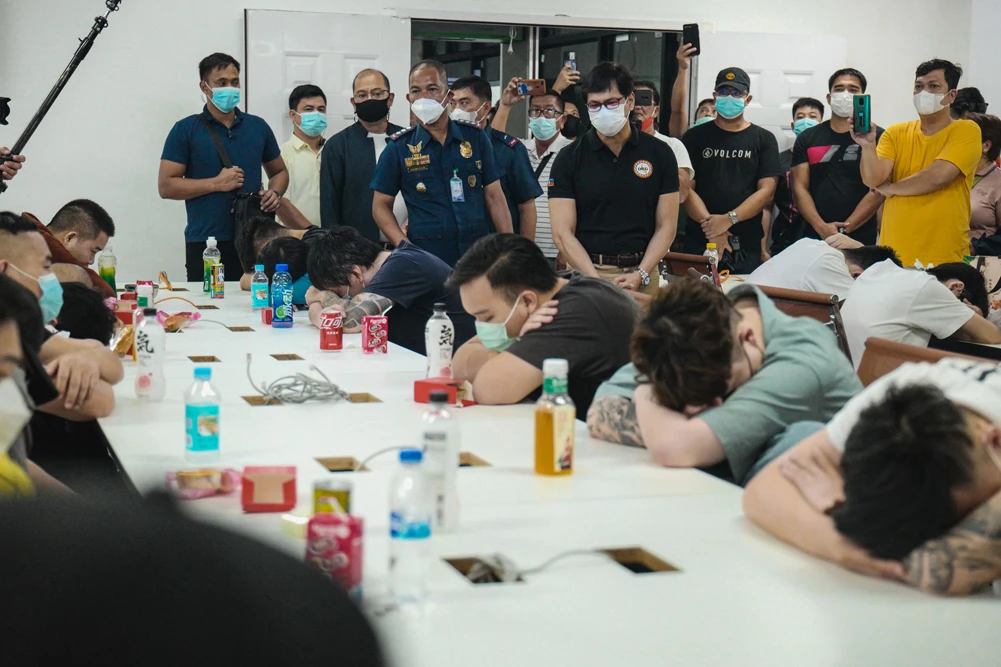Philippines “fake news” linked to outlawed POGOs

Philippine representative Robert Ace Barbers wants a crackdown on malicious vloggers posting “lies” to discredit him and other public officials. Barbers claims the online trolls work for Philippine Offshore Gaming Operations (POGOs) and the illegal drug trade.
The Suriago del Norte representative heads the house quad committee, which just concluded a wide-ranging POGO probe. President Ferdinand Marcos Jr banned POGOs in July following widespread reports of criminal activity. Among the purported crimes: kidnapping, torture, murder, online scams, human trafficking and prostitution.
Barbers tied illegal POGOs to Chinese syndicates. According to the Philippine Inquirer, he subsequently called for legislation akin to the US Racketeer Influenced Corrupt Organizations (RICO) Act to combat the threat.
Accusing POGOs and “drug lords”
On 25 November, Barbers consulted with National Bureau of Investigation (NBI) chief Jaime Santiago. He turned over vlog posts linking him and his brother, Surigao del Norte governor Lyndon Barbers, to drug dealing.
“It’s very obvious that these vloggers were… paid to ruin my name, my brother’s name and those of the quad committee members,” said Barbers in a statement. “Maybe their employers, POGOs and drug lords are already hurting from the continuing quad committee investigations.”
After months of inquiry, the POGO probe ended last week. The hearing revealed the industry as “a Trojan horse” that threatened national security, said Senator Risa Hontiveros. It “exposed a web of people who used POGOs for… personal gain at the expense of the Filipino people”.
Vloggers could face sedition charge
Barbers wants the NBI to pursue legal action against the vloggers.
“Once the identity of subjects and their respective vlogs have been established… Santiago [should] pursue appropriate criminal charges”, he said. Charges could include libel, sedition and “intriguing against honour”, subject to the Cybercrime Prevention Act of 2012, he added.
Meanwhile, Gilbert Cruz, executive director of the Philippines Anti-Organised Crime Commission (PAOCC), says almost 200 POGO hubs remain active in the country, despite the ban.
Children in need after fathers deported
In related news, 15 infants and toddlers related to onetime POGO workers are now in need of government help. According to GMA News Online, they were born to Filipina mothers and foreign-born fathers. The government deported their fathers following the industry collapse.
“It’s just sad that because of these problems, even children get affected,” said Cruz.
An additional 700 foreign ex-POGO workers remain in PAOCC custody. About 250 of them are set to be deported this week.
